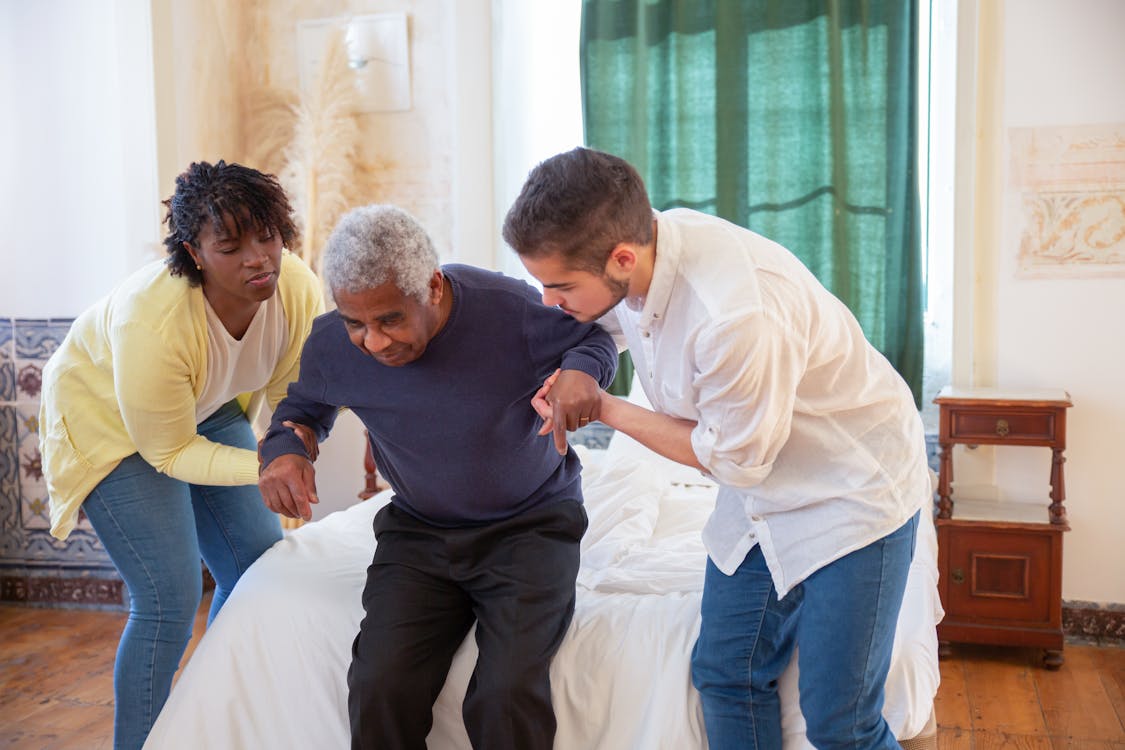Assisted Living Facilities provide residents some assistance with everyday tasks, such as bathing, dressing, mobility, or using the restroom. Residents are offered as much independence as possible based on individual circumstances. Housing is typically a studio or one-bedroom apartment in a home-like environment. Some units may provide kitchenettes for residents who can and want to cook for themselves. Assisted living facilities may offer services such as: minor medical care and monitoring, medication management, housekeeping and laundry services, social activities, 24-hour security, transportation, meals served in a common dining room, trained staff available day and night, and health and exercise programs.

Nursing Homes, in particular “skilled nursing facilities” or SNFs, are facilities for chronically ill residents who require care 24 hours a day, providing assistance not only with the activities of daily living, but also medical care as needed. Accommodations are generally either double or single occupancy rooms. Most have social and entertainment activities. Laundry service, cleaning, and meals are provided for patients.
In Between: There are lots of other care options as well. In-home care is an option for seniors who need some assistance but not round-the-clock monitoring or specialized facilities. Rest homes, also known as Intermediate Care Facilities, can provide residents with 24-hour assistance when hospital-level intensive medical care is not needed. Many area senior communities are also set up to provide multiple levels of care, or they partner with medical facilities to provide “hybrid” care that spans multiple levels.
Whether you currently have a need for senior care or may have a need in the future, I hope this article has been helpful. If you have any questions, please ask us. We are always happy to connect clients with local senior communities, or to independent care managers who can help simplify the process of getting care for yourself or your loved ones.

